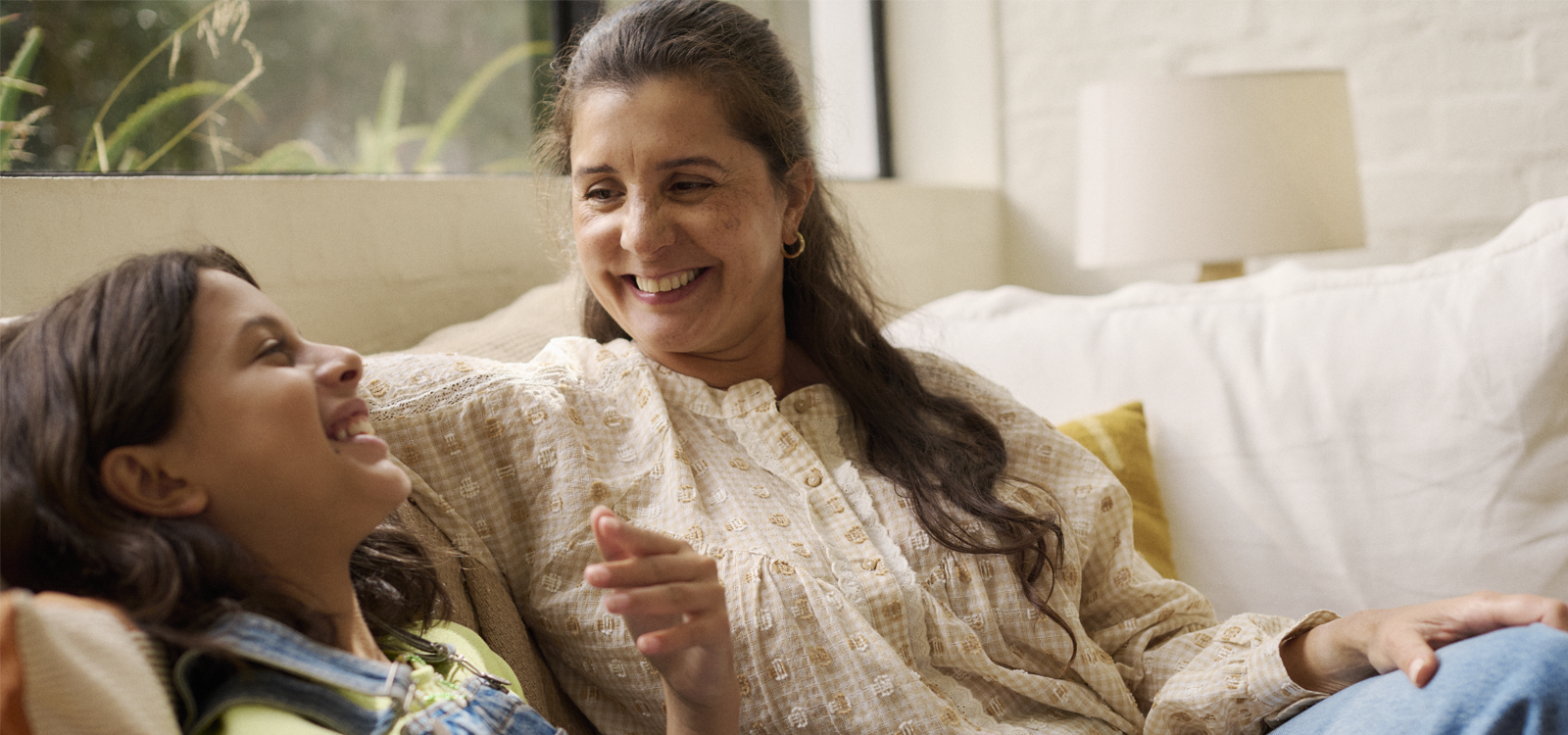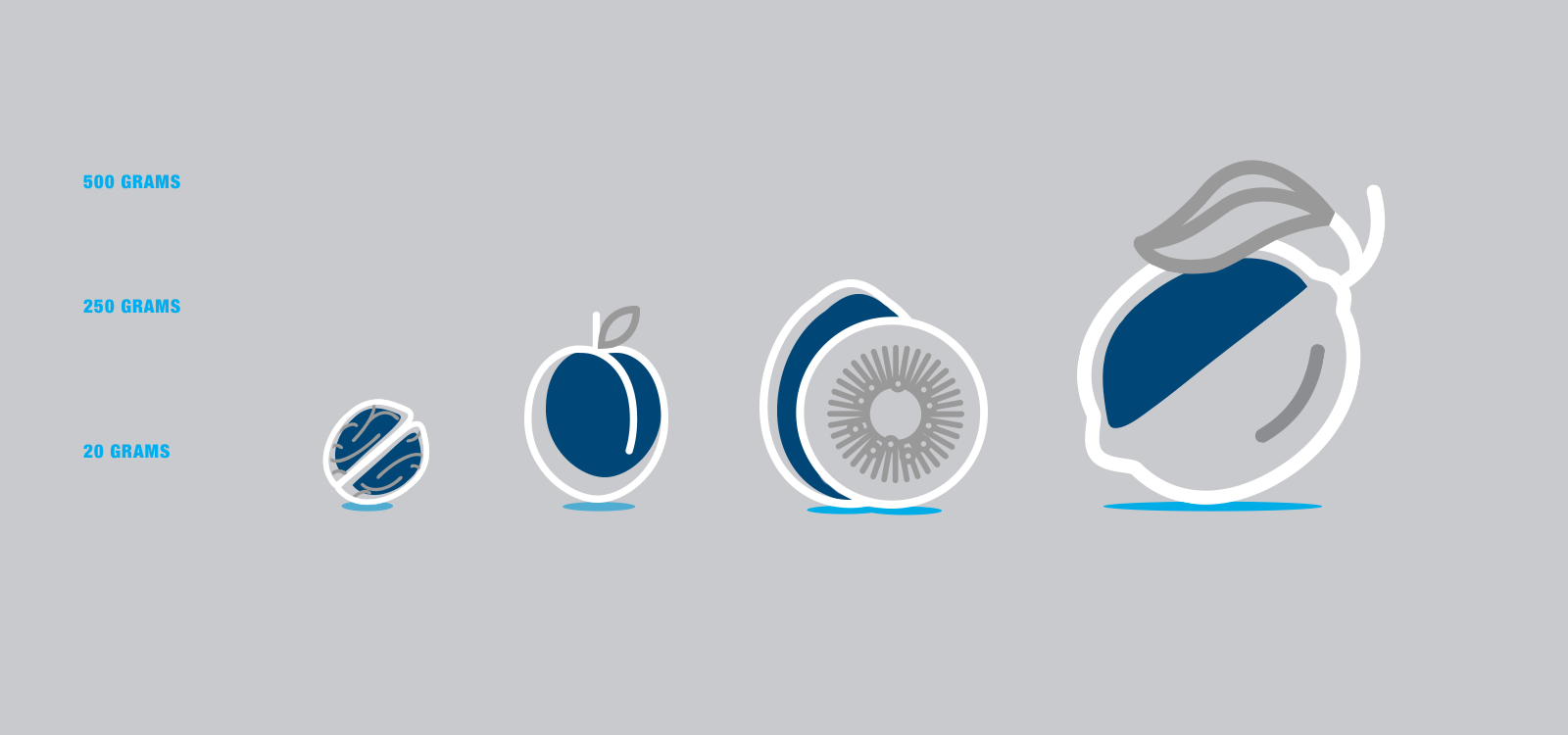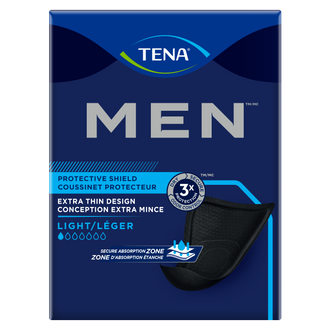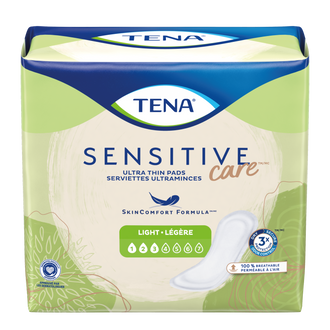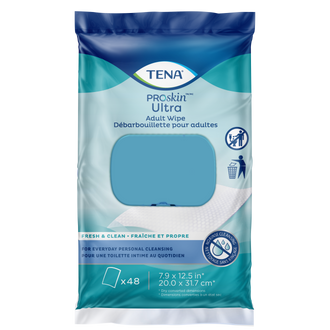Aug 15, 2024
Here's Why You May Urinate When Coughing or Sneezing
Feeling a sneeze coming on shouldn’t lead to an unexpected worry. But for you, it might be a reason to tense up, knowing what might follow: the possibility of leaking a bit when you sneeze, cough, or even laugh.
Are you worried if others have noticed that this happens? Should you limit laughter or skip activities you enjoy to avoid potential embarrassment? Absolutely not.
Many people have this exact concern, and there’s no need to feel ashamed about it. In this article, we aim to share valuable insights into the reasons behind urinary leakage, how common it is, and practical steps to manage or prevent it.
What You Should Know about Urinary Incontinence
Let's talk about a situation that a fair share of us may have faced: that split-second of panic when a sneeze or a hearty laugh threatens to lead to an unintended consequence: peeing.
It's frustrating and embarrassing, and it's okay to feel that way.
Urinary leakage during moments like these is more common than you might think.1 Many individuals, regardless of age or background, could experience it. Understanding this can help normalize your experience and ease any sense of isolation or embarrassment you may feel.
What is Urinary Incontinence?
So, what exactly is urinary incontinence (UI)? Well, it's when you unintentionally leak urine, usually when you're doing everyday things like laughing, sneezing, or exercising. It is a quite common condition, and it can be a real annoyance, making you worry about having an accident when you least expect it.1
This condition can really interfere with your daily life. It might make you feel on edge in public or hesitant to join in on activities you love, all because you're afraid of leaks. But hey, you're not alone in this—lots of people deal with it.
Understanding what urinary incontinence is, is the first step to finding ways to manage it and feel more confident in your day-to-day routine.
5 Types of Incontinence
There are several types of urinary incontinence which can be identified by their symptoms.1 Some bladder control problems include:
Stress Induced Incontinence
Stress incontinence happens when activities like coughing, sneezing, laughing, or physical exertion put pressure on the bladder, causing urine to leak.1
Overflow Incontinence
When the bladder doesn't empty completely, it can lead to overflow incontinence.1 This happens when your bladder becomes too full, causing urine leakage.1
Urge Incontinence
Also known as overactive bladder, urgency incontinence occurs when you feel a sudden, strong urge to pee and can't make it to the toilet in time, resulting in urine leakage.1 This type of incontinence is due to a miscommunication between nerves and bladder muscles.1
Functional Incontinence
Functional incontinence happens when physical disabilities, cognitive impairments, or environmental barriers prevent timely access to a toilet.1 For example, people with mobility issues or conditions like Alzheimer’s disease may struggle to reach the toilet in time, and them having functional incontinence.1
Mixed Incontinence
You can also experience both urgency and stress incontinence simultaneously, which is known as mixed incontinence.1
What are the Causes of Urinary Leakage?
Childbirth
Childbirth can lead to weakened pelvic floor muscles and nerve damage, which are common causes of urinary leakage, especially in women.2
When the pelvic floor muscles are weakened, it can make it harder for your bladder to keep urine in when you’re dealing with stress incontinence, making coughing, sneezing, and laughing harder to do without leakage.2
Surgery
Certain surgeries, particularly those involving the pelvic area, like prostate surgery, or nerves controlling bladder function, can affect bladder control.2 This can result in urinary leakage issues post-surgery.2
Age
As we age, muscles and nerves that help control the bladder can weaken.3 This weakening can contribute to urinary incontinence in older adults, affecting both men and women.3
Weight
Excess weight can put added pressure on the bladder and pelvic floor muscles, leading to urinary leakage when you sneeze or cough.3
Injury
Trauma or injury to the pelvic region, like from accidents can damage nerves or muscles involved in bladder control. This can result in urinary leakage or other bladder function issues.2
Causes of Urinary Leakage During Coughing or Sneezing
It’s helpful to know what’s going on with urinary leakage, especially during something as simple as coughing or sneezing. For older adults and their caregivers, getting help from a healthcare professional or support group can help you act sooner rather than later to improve urinary leakage.1
The sooner you spot the issue, the better you can handle it.1 By being aware and proactive, you can find effective ways to prevent and treat these leaks, making life a lot more comfortable and stress-free.
Finding Relief from Incontinence
Managing urinary incontinence can feel overwhelming, but there are several effective interventions that can help improve symptoms and provide relief:
Pelvic Floor Strengthening Exercises
Pelvic floor strengthening exercises, also known as Kegels, can do wonders for bladder control. By regularly performing these exercises, you can strengthen the muscles that support your bladder, reducing leaks.4
To get started, try tightening your pelvic muscles as if you’re stopping the flow of urine, hold for a few seconds, then relax. Repeating this several times a day can make a big difference over time.5
Incontinence Products
Using pads and specialized products that absorb leaked urine can be an effective way to manage incontinence.5 Incontinence products, like TENA, design items that are typically discreet, fitting comfortably under your clothing without being noticeable, and offer peace of mind by preventing any leaks from reaching your clothes.5 You can check out the following TENA products for managing incontinence:
For men:
- TENA Men Light Shields offers a thin, discreet, and comfortable design specifically for men to protect against light bladder leaks.
- TENA Men Maximum Guards provide comfort, dryness and security designed specifically for men with moderate bladder leakage.
- TENA Men Overnight Extra Coverage Guards offer comfort, security, and reassurance of dryness designed specifically for men with heavy bladder leakage.
For women:
- TENA Sensitive Care Ultra Thin Incontinence Pads are enriched with TENA’s SkinComfort formula and are designed for bladder leaks, drips, and dribbles.
- TENA Sensitive Care Moderate Pads ensure triple protection against moderate bladder leakage, urine odor and wetness.
- TENA Sensitive Care Maximum Pads are designed for continuous heavy leakage and for women experiencing post-partum incontinence.
Weight loss
Carrying extra weight can put added pressure on your bladder, leading to leaks. By losing weight through a healthy diet and regular exercise, you can reduce this pressure and improve your continence.5 Even a small amount of weight loss can have a significant positive impact on decreasing leaks.4
Remember, you're not alone in your journey, and TENA offers effective solutions to help you. Explore TENA's range of products to find the best fit for your needs.
Tailored Solutions for all Women
Every woman is unique, and so are the approaches to managing bladder control. Here’s how treatments can vary for different groups:
Treatment for the Elderly
Older women may benefit from a combination of pelvic floor exercises, medications that help with muscle contractions that cause problems with an overactive bladder, and sometimes surgical options.5 Regular physical activity and weight management are also crucial. Additionally, using absorbent products like TENA can provide peace of mind and comfort. 5
Treatment for Young Women
For younger women, lifestyle changes such as reducing caffeine intake and maintaining a healthy weight can make a big difference. 5 Pelvic floor exercises, or Kegels, are often highly effective.
TENA Sensitive Care Very Light Liners are designed for daily use. Perfect for when you’re worried about light bladder leaks, drips, and dribbles while doing your Kegels.
Treatment for New Mothers
New mothers often experience bladder control issues shortly after childbirth due to the physical strain of childbirth.5 Doing Kegels can help regain strength in the pelvic area. 5
TENA Sensitive Care Ultra Thin Incontinence Pads are perfect for everyday wear for new moms, they ensure that light urine leaks won’t keep you from doing what you want.
Confidently Managing Incontinence Starts Here
Understanding urinary incontinence is the first step towards effective management. Recognize the signs, such as leakage when coughing or sneezing, and seek a proper diagnosis to tailor the best treatment for your needs.
Implementing practical tips like pelvic floor exercises, lifestyle changes, and using supportive products can significantly enhance bladder control. Each woman’s journey is unique, but with the right approach, you can find relief and regain confidence.
References
1. NIH. ‘Definition & Facts for Bladder Control Problems (Urinary Incontinence)’. 2021. Accessed 8 July 2024. Available from: https://www.niddk.nih.gov/health-information/urologic-diseases/bladder-control-problems/definition-facts
2. NIH. ‘Symptoms & Causes for Bladder Control Problems (Urinary Incontinence)’. 2021. Accessed 8 July 2024. Available from: https://www.niddk.nih.gov/health-information/urologic-diseases/bladder-control-problems/symptoms-causes
3. MayoClinic. ‘Urinary Incontinence’. 2023. Accessed 8 July 2024. Available from: https://www.mayoclinic.org/diseases-conditions/urinary-incontinence/symptoms-causes/syc-20352808
4. NIH. ‘Treatments for Bladder Control Problems (Urinary Incontinence)’. 2021. Accessed 8 July 2024. Available from: https://www.niddk.nih.gov/health-information/urologic-diseases/bladder-control-problems/treatment
5. Cleveland Clinic. ‘Urinary Incontinence’. 2020. Accessed 9 July 2024. Available from: https://my.clevelandclinic.org/health/diseases/17596-urinary-incontinence
